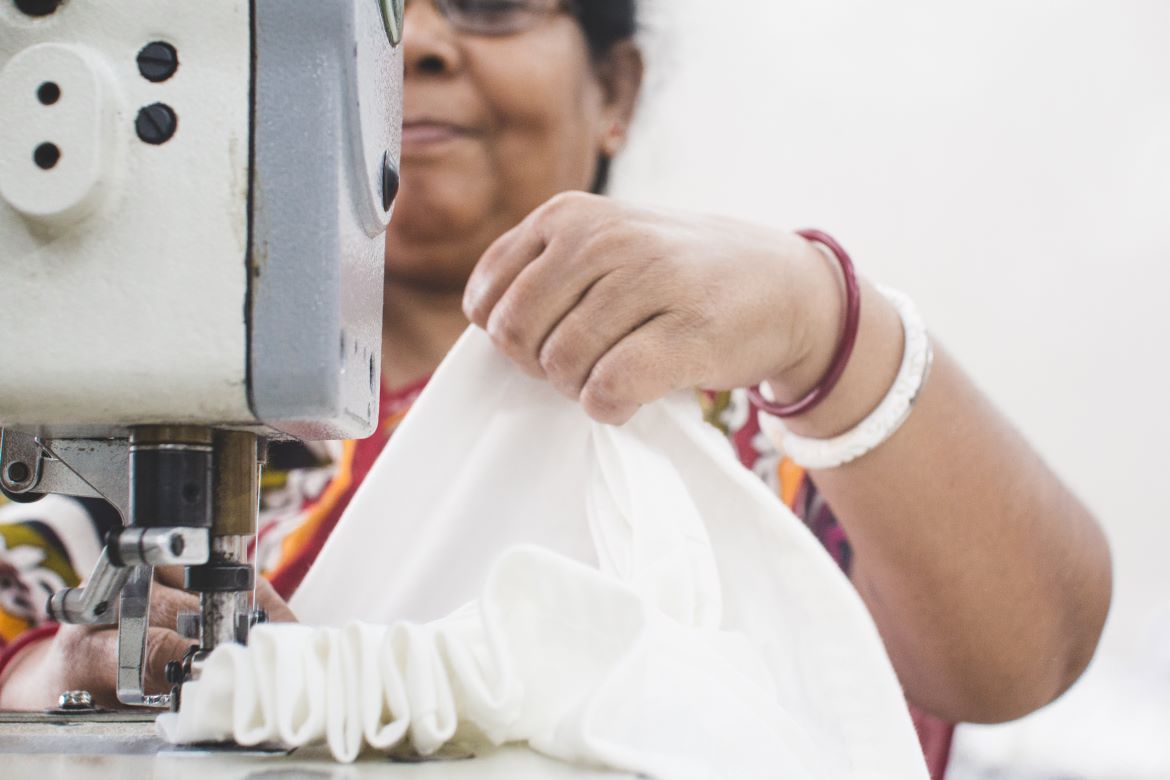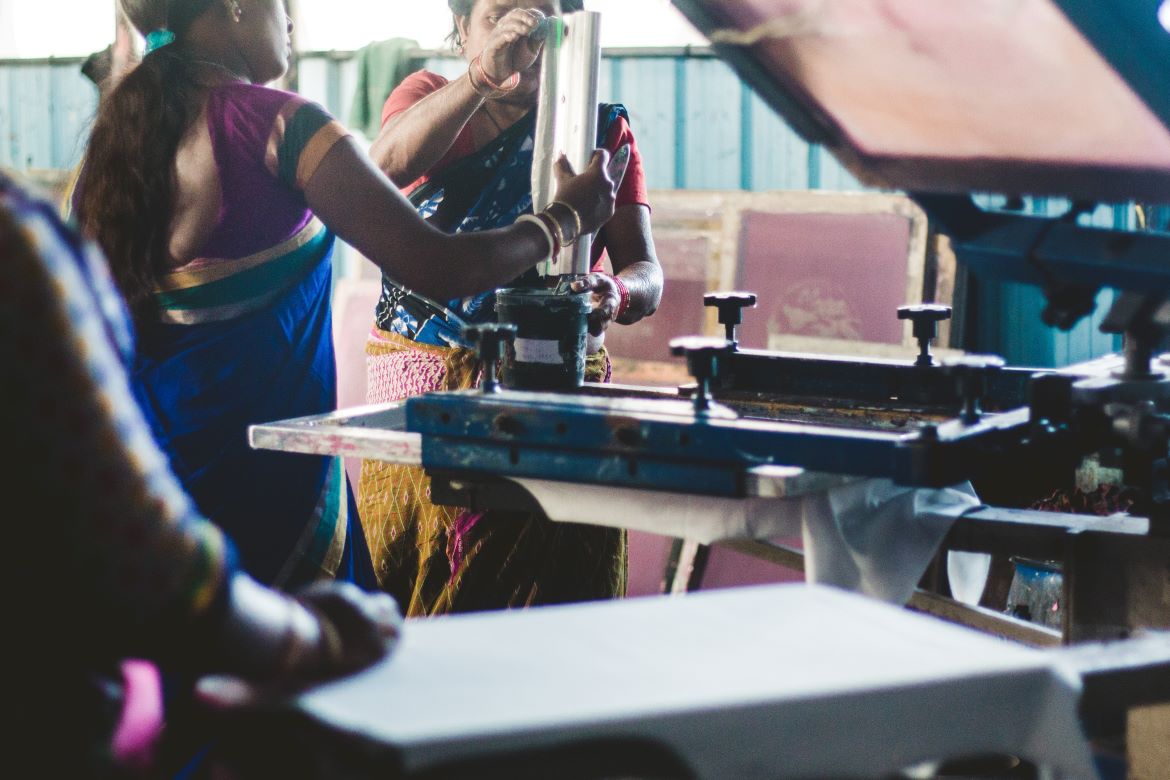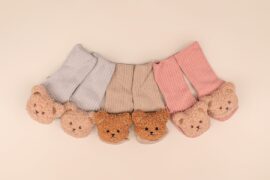By Kate Kardol
Normally this time of year, Tearfund NZ launches its annual Ethical Fashion Guide in partnership with Baptist World Aid Australia. In it, well-known brands are assigned a grade from A to F based on how well they protect their workers and the environment from exploitation. It’s designed to help guide everyday consumers towards more ethical options and to hold companies accountable for the fair treatment of people and the planet.
But these are not normal times. Covid-19 has turned the fashion industry inside out, disrupting entire supply chains and exposing vulnerable workers to more risk than ever before. In April 2020, one million garment factory workers lost their jobs in Bangladesh alone. By May, over 30 per cent of Bangladeshi garment workers reported their children had gone without food. With soaring unemployment and loss of wages, many garment workers and their families fear starvation more than they fear getting Covid-19.

With its complex global supply chains and large numbers of vulnerable workers, the fashion industry was broken long before Covid-19. An industry that relies on people buying what they want when they want it, the fashion industry also felt the impact of people tightening their purse strings in the wake of what has been predicted to be the worst economic crisis in our lifetime. And with producing countries like India going into lockdowns, clothing wasn’t able to be produced, sold or purchased as before.
Tearfund’s CEO, Ian McInnes, says while most companies and those along the supply chain have been severely impacted by Covid-19, it’s the garment workers who pay the steepest price.
“We believe companies must do everything in their power to honour contracts and safeguard workers in these unprecedented times.”

A call to action for fashion giants
This year, instead of releasing their annual Ethical Fashion Report and accompanying Guide, Tearfund has released a special Covid Fashion Report. In it, there are six guidelines Tearfund hopes brands will commit to in order to protect vulnerable garment workers during the pandemic. They are asking companies to commit to:
- Supporting workers’ wages by honouring supplier commitments
- Identifying and supporting the workers at greatest risk
- Listening to the voices and experience of workers
- Ensuring workers’ rights and safety are respected
- Collaborating with others to protect vulnerable workers
- Building back better for workers and the world











